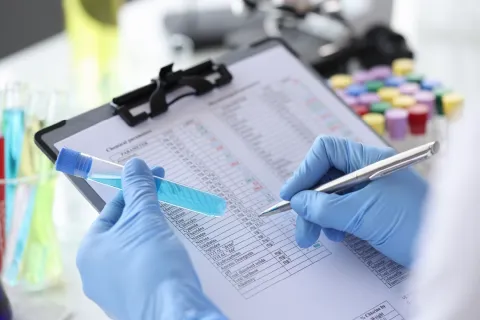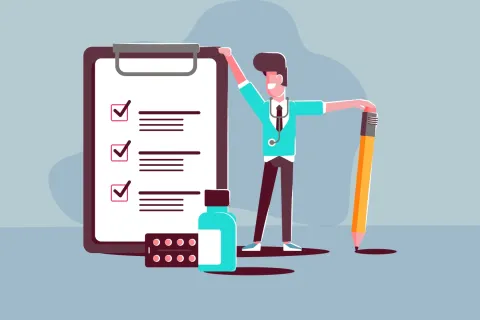
In the pharmaceutical industry, data security is paramount to maintaining compliance with regulatory standards and safeguarding sensitive information. With the increasing threat of cyber-attacks, pharmaceutical companies must prioritize cybersecurity measures to protect their data and uphold the highest compliance and patient safety standards.
The Importance of Data Security in Pharma Compliance
- Protecting Sensitive Information
Pharmaceutical companies handle sensitive data ranging from patient records and clinical trial results to proprietary research and development data. Ensuring the security of this information is not only a legal obligation but also essential for safeguarding patient privacy and maintaining the competitive edge.
- Mitigating Regulatory Risks
Regulatory bodies, including the FDA and EMA, have stringent guidelines regarding the protection of electronic records and sensitive information. Non-compliance with these regulations puts the company at risk of financial penalties and can lead to reputational damage and legal consequences.
Addressing Cybersecurity Risks
To mitigate cybersecurity risks and ensure data security in pharma compliance, pharmaceutical companies should implement a comprehensive cybersecurity strategy. Here are some key strategies to consider:
- Risk Assessment and Management - Conduct regular risk assessments to identify potential vulnerabilities in the pharmaceutical IT infrastructure. Implement robust risk management strategies to address and mitigate these vulnerabilities effectively.
- Employee Training and Awareness - Human error is a significant factor in cybersecurity breaches. Comprehensive training programs and regular awareness initiatives can empower employees to recognize and avoid potential security threats, reducing the risk of data breaches.
- Advanced Encryption and Access Controls - Implement state-of-the-art encryption protocols to protect sensitive data during transmission and storage. Additionally, enforce strict access controls to limit data access only to authorized personnel, minimizing the risk of unauthorized access.
- Regular Security Audits and Updates - Conduct regular security audits to identify and rectify potential weaknesses in the system. Keep software and security measures up-to-date to ensure protection against evolving cyber threats.
- Incident Response Plan - Develop a comprehensive incident response plan to effectively address cybersecurity incidents. This plan should include steps for containment, eradication, recovery, and communication to stakeholders in the event of a breach.
Conclusion
As the pharmaceutical industry continues its digital evolution, data security cannot ignored. Cybersecurity risks pose a significant threat to regulatory compliance, patient safety, and the overall integrity of the industry. By proactively addressing these risks through comprehensive risk management, employee training, advanced encryption, and regular security audits, pharmaceutical companies can meet regulatory standards and fortify their defenses against the ever-evolving landscape of cyber threats.
Explore how Freyr's robust cybersecurity solutions can fortify your pharmaceutical company's data security and ensure compliance with industry regulations. Contact us today to learn more about our tailored services and strengthen your defenses against cyber threats.









